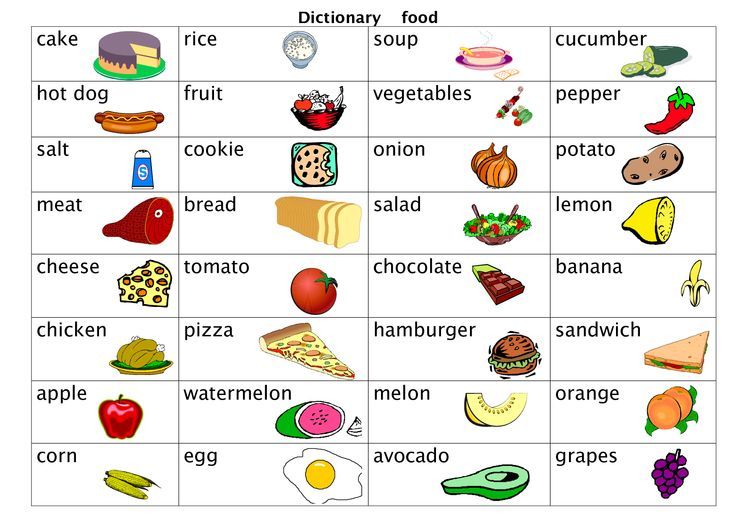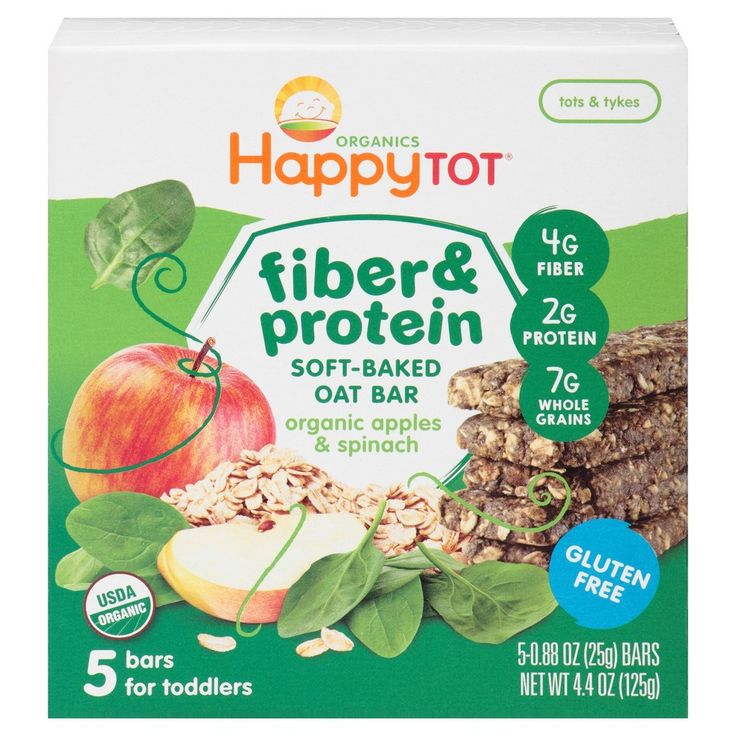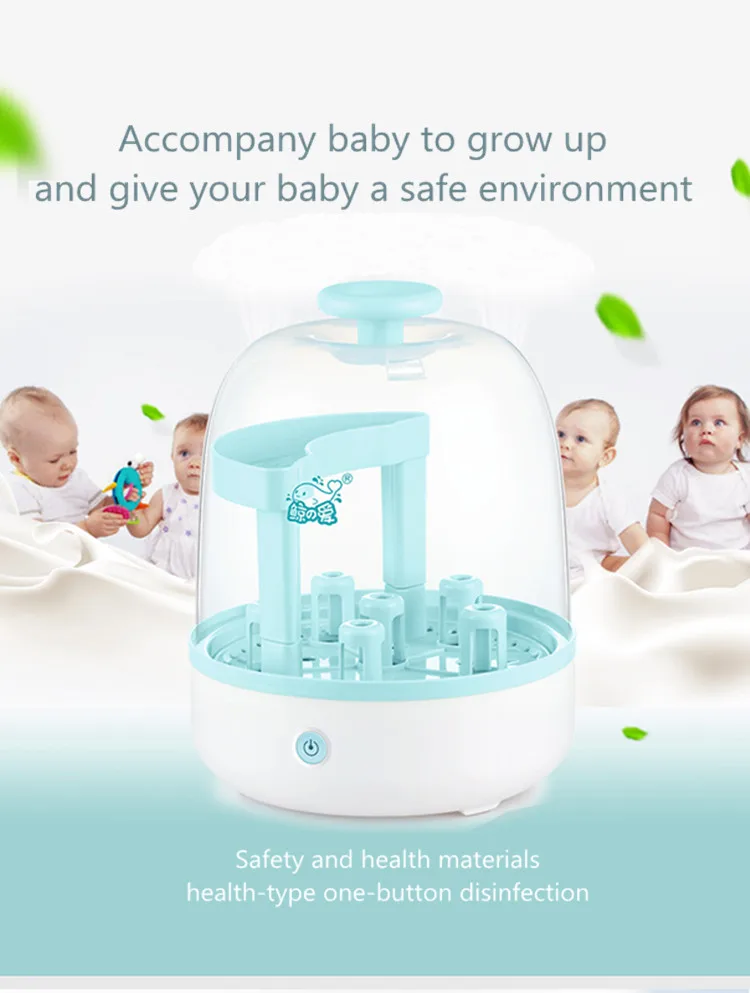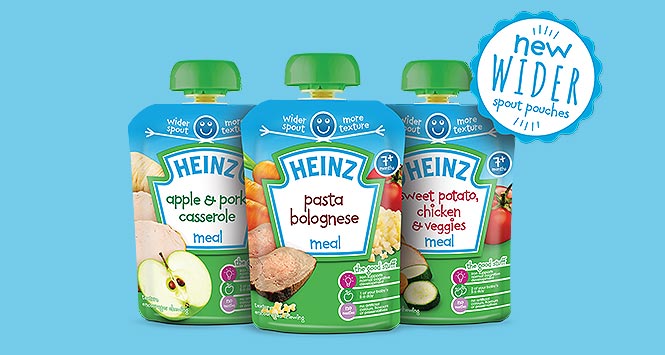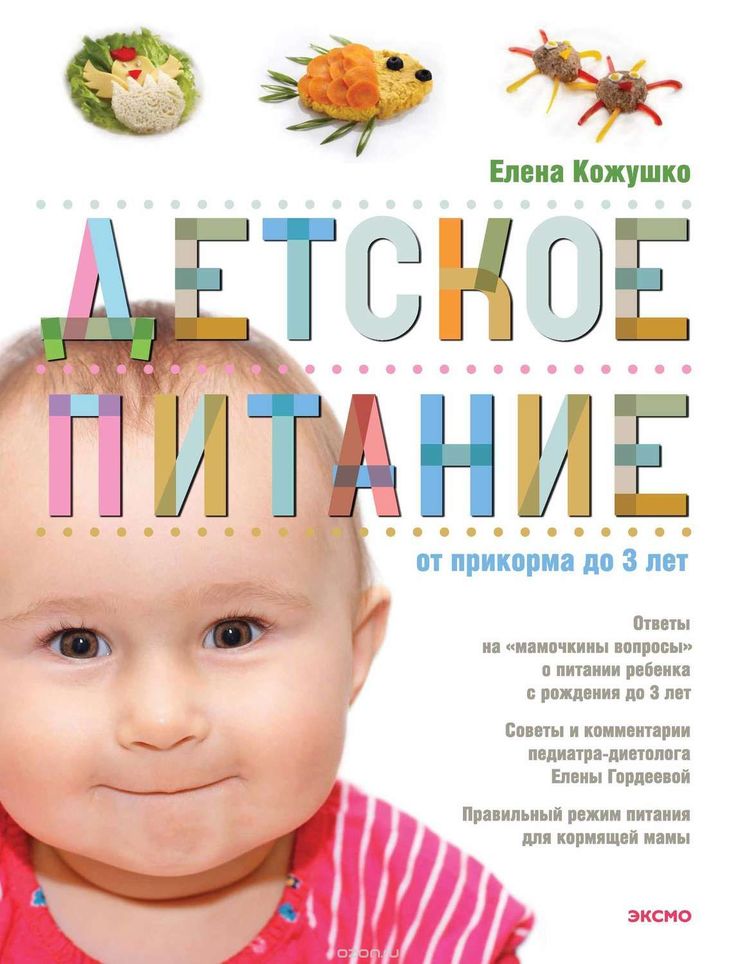Common foods that upset breastfed babies
8 Foods to Avoid When Breastfeeding Your Baby
We’ll say it over and over again: breastfeeding is one of the best things that you can do for baby. Breastmilk contains essential nutrients that help to nourish a growing baby and provides unbeatable immunity support. The benefits of breastmilk are far and wide, plus it’s free and provides a wonderful bonding experience. Yet all good things come with some problems every now and then. While breastmilk is the best thing for your baby, it can make your baby fussy. When this happens, it’s understandable to get confused and even a little bit worried—but don’t worry. Often times the reason that your breastfed baby is getting fussy is because of something you’ve eaten that puts strain on your baby’s digestive tract. In this article, we’ll explore eight foods to avoid while breastfeeding as they could be making your breastfed baby fussy.
Common Foods that Make Breastfeeding Babies Fussy
Gas is completely normal for both babies and adults. It’s a byproduct of your gastrointestinal system and isn’t cause for concern. However, as we all know, sometimes gas can be uncomfortable. When it happens to adults, we can take an over the counter medication to help ease discomfort but when it happens to babies, it’s a little different.
Babies can’t directly tell you what’s wrong. The way they communicate is through crying or getting fussy. If you notice a trend where your baby gets fussy after breastfeeding, it’s likely because something you’re eating is upsetting their stomach. Here are some common foods that make breastfeeding babies fussy:
1. DairyDairy is the most likely culprit behind fussiness. Cow’s milk is much harder for underdeveloped bodies to digest and can cause excess gas or discomfort in babies. When you drink milk caseins, the proteins found in dairy, pass through your blood and into your breast milk production. Newborns and young babies cannot digest caseins, so they become fussy and gassy.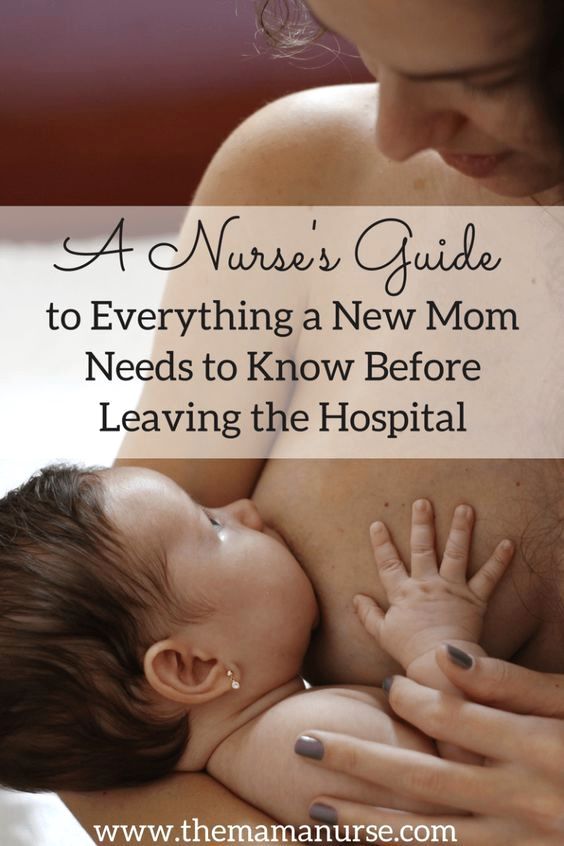 If your baby is a little older and they’re still getting fussy from dairy, it could be because of an allergy. Try eliminating all forms of processed dairy and see if it makes a difference.
If your baby is a little older and they’re still getting fussy from dairy, it could be because of an allergy. Try eliminating all forms of processed dairy and see if it makes a difference.
Soy is another common allergen that babies react to. Many breastfeeding moms equate fussiness with their soy intake, so if you’re dairy-free and using soy alternatives, you’ll need to consider a different alternative.
3. Wheat and CornIn addition to dairy and soy, wheat and corn have been known to cause food allergy responses and have subsequently been found as the source of a breastfed baby’s fussiness. If you think that you might be sensitive to wheat or corn, of if you have a family history of allergies in any of these areas, you should consider eliminating them from your diet. This is more difficult than eliminating dairy products, as wheat, corn, and even soy are found in many different processed foods. Make sure that you read the labels and talk to your doctor about alternatives that are safe for breastfeeding.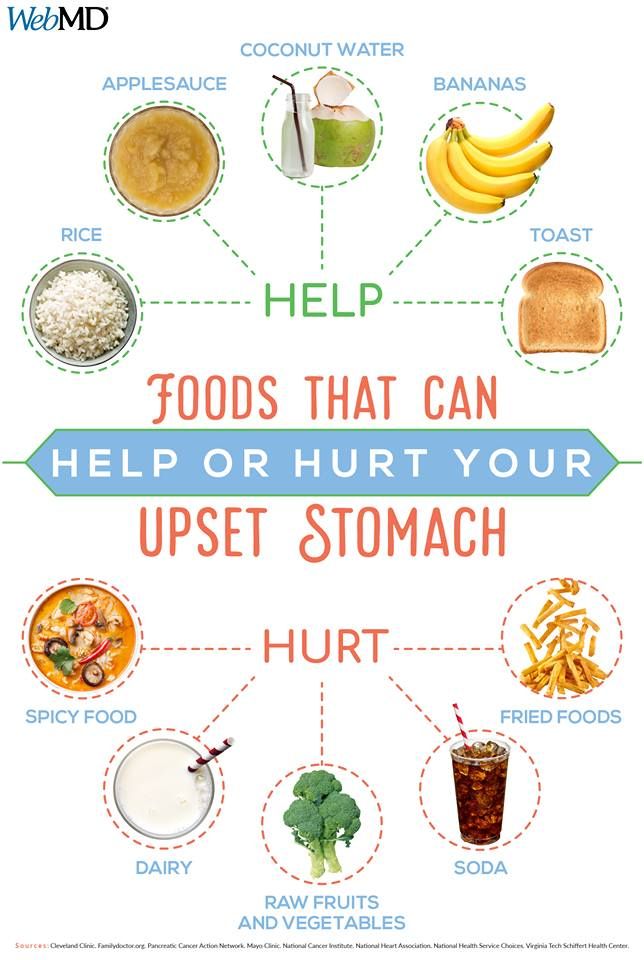
Caffeine gives you a much-needed energy boost during motherhood, but it can actually contribute to problems. A lot of babies are sensitive to caffeine, which causes fussiness. Your caffeine is transmitted through breastmilk, so try to limit your caffeine intake to one cup of coffee or tea in the morning.
5. Spicy FoodsIf you love spicy foods, you’ll probably need to dial it back while you’re breastfeeding. The spices can upset your baby’s stomach and tends to change the way your breastmilk smells and tastes, which could lead to a refusal to eat altogether. The main spicy foods to avoid whilte breastfeeding are garlic, curry, chili pepper, and cinnamon as these are known to cause higher levels of indigestion.2
6. High-fiber FoodsWhile eating a breastfeeding diet that’s high in fiber is good for mom, it can cause fussiness in your baby. The high fiber content in a baby’s diet can contribute to uncomfortable gas and indigestion, so you’ll want to dial it back a little bit.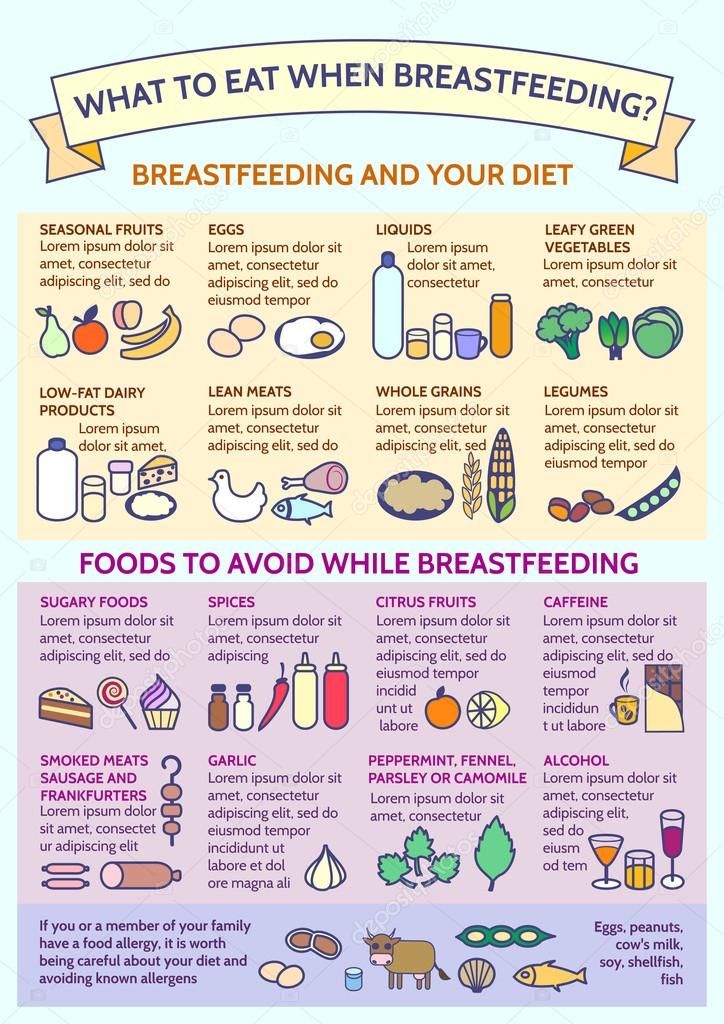 You can still eat a diet that gives you fiber but try to avoid certain vegetables while you’re breastfeeding such as broccoli, cauliflower, brussels sprouts, and cabbage.
You can still eat a diet that gives you fiber but try to avoid certain vegetables while you’re breastfeeding such as broccoli, cauliflower, brussels sprouts, and cabbage.
Some women notice that their breastfed baby gets fussy when they eat chocolate. This is completely normal. A lot of times, it’s more-so due to the amount of chocolate that’s eaten, not the chocolate itself.2 If you like to indulge, try limiting yourself to one square of chocolate at a time to help ease your baby’s fussiness.
8. Citrus FruitsCitrus fruits can cahuse discomfort in newborn and infant digestive tracks, so it’s best to limit them in your diet until your baby’s older. The acidity of the fruits cause irritation to their digestive tract, which in turn leads to fussiness. Other fruits that may cause fussiness include pineapples, strawberries, kiwis, cherries, and prunes.
While these are the eight most common foods that tend to make breastfeeding babies fussy, there are still other foods that can cause discomfort. To minimize this, don’t overdo it on any one food group. Try to spread out your nutrition and eat a balanced diet filled with a wide variety of fruits, vegetables, whole grains, healthy fats, and lean protein. When you saturate your diet with one food, it can cause digestion difficulty for your baby. They’re digestive tracts are still developing and the best way to help avoid fuss is to keep a balanced diet. For more information on the best foods to eat while breastfeeding, check out this article.
To minimize this, don’t overdo it on any one food group. Try to spread out your nutrition and eat a balanced diet filled with a wide variety of fruits, vegetables, whole grains, healthy fats, and lean protein. When you saturate your diet with one food, it can cause digestion difficulty for your baby. They’re digestive tracts are still developing and the best way to help avoid fuss is to keep a balanced diet. For more information on the best foods to eat while breastfeeding, check out this article.
How to Determine Which Foods are Making Your Breastfed Baby Fussy
The hardest part about eliminating the food from your diet that’s making your baby fussy is knowing exactly what it is. Luckily, by following an elimination diet, you can get a better understanding on your baby’s sensitivities. There are three primary steps to determining which foods are making your breastfed baby fussy: getting organized, eliminating certain foods, and testing for confirmation.
Step One: Get Organized
The first step requires you to get a little bit organized.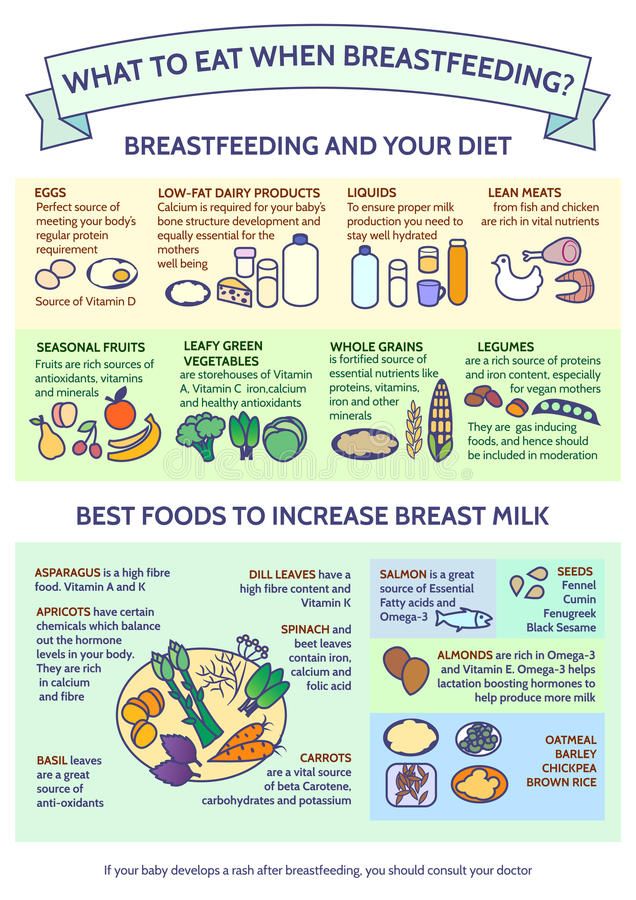 You’ll need to track what you’re eating each day and record how your baby is reacting. Some women go as far as tracking everything they eat while others only focus on the foods that are most likely to create problems listed above. Whatever you decide to do, just be consistent. It’s going to take a few weeks for this process to work, so you’ll need to stay organized and committed. In addition to recording your baby’s fussiness, keep notes on whether they’re crying or colicky, are bloated or suffering from constipation, are gassy, experiencing diarrhea, or have a red ring around the anus.
You’ll need to track what you’re eating each day and record how your baby is reacting. Some women go as far as tracking everything they eat while others only focus on the foods that are most likely to create problems listed above. Whatever you decide to do, just be consistent. It’s going to take a few weeks for this process to work, so you’ll need to stay organized and committed. In addition to recording your baby’s fussiness, keep notes on whether they’re crying or colicky, are bloated or suffering from constipation, are gassy, experiencing diarrhea, or have a red ring around the anus.
Step Two: Eliminate Foods
Next, you’ll need to go on an elimination diet for a few weeks. Start by eliminating one of the main foods that cause irritation and fussiness—dairy. Dairy is one of the most common foods that cause babies to get fussy. Abstain from eating any dairy (or at the very least any cow’s milk) for at least 10 to 14 days. Keep an eye on your baby to see if they are still fussy or if they start to calm down and the symptoms go away.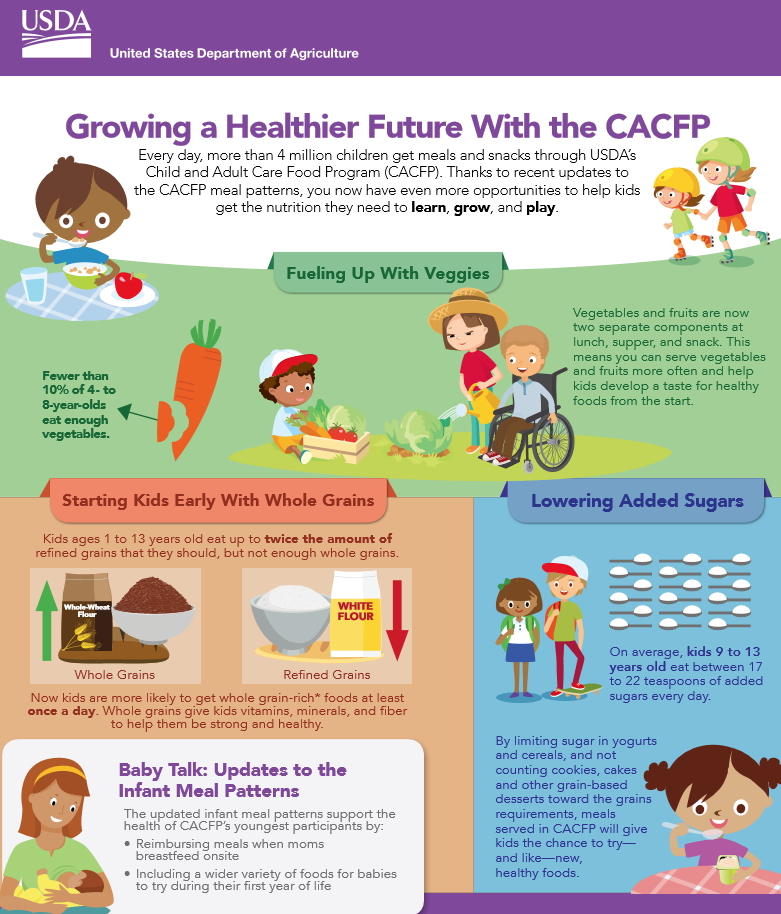 If your baby is still picky, move on to the next food listed above and repeat the process. You’ll need to continue working down the most common foods that cause irritability until your baby’s symptoms go away. When they do, move on to step three.
If your baby is still picky, move on to the next food listed above and repeat the process. You’ll need to continue working down the most common foods that cause irritability until your baby’s symptoms go away. When they do, move on to step three.
Step Three: Test Your Results
After you’ve pinpointed the trigger food, it’s time to do a little home experiment to confirm. If all of your baby’s symptoms have subsided, reintroduce the food that you suspect as the cause of fussiness.If your baby starts showing symptoms of discomfort or fussiness within 24 hours of breastfeeding, that food was the culprit and you should remove it from your diet for now. As your baby grows and develops, their stomach will get stronger and adapt to a wider variety of foods. If you have any questions about this process, don’t hesitate to talk to your doctor first.
ConclusionBreastfeeding your baby is an excellent way to bond, but it means that whatever you consume, your baby consumes.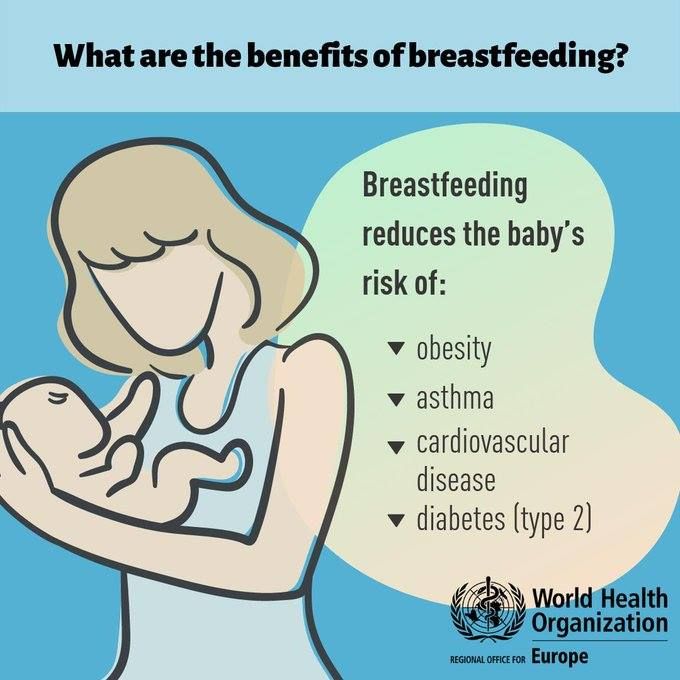 To make sure they’re comfortable, you’ll need to make some adjustments to your healthy diet. Talk to your doctor if you’re concerned or have any questions about allergens. If you need a breast pump for your newborn, don’t forget that the Affordable Care Act means that expectant mothers are eligible to receive an electric breast pump covered by their insurance provider! Just head over to our home page and browse our selection.
To make sure they’re comfortable, you’ll need to make some adjustments to your healthy diet. Talk to your doctor if you’re concerned or have any questions about allergens. If you need a breast pump for your newborn, don’t forget that the Affordable Care Act means that expectant mothers are eligible to receive an electric breast pump covered by their insurance provider! Just head over to our home page and browse our selection.
If you’ve had a fussy baby while breastfeeding and tried any form of an elimination diet to pinpoint the source, head over to our Facebook page today and let us know what food was the culprit!
Breastfeeding FAQs: Your Eating and Drinking Habits (for Parents)
Breastfeeding is a natural thing to do, but it still comes with its fair share of questions. Here's what you need to know about your eating and drinking habits — and how they may affect your baby — during breastfeeding.
What Should I Eat?
As you did when you were pregnant, eat plenty of fruits, vegetables, whole grains, protein, and calcium-rich foods.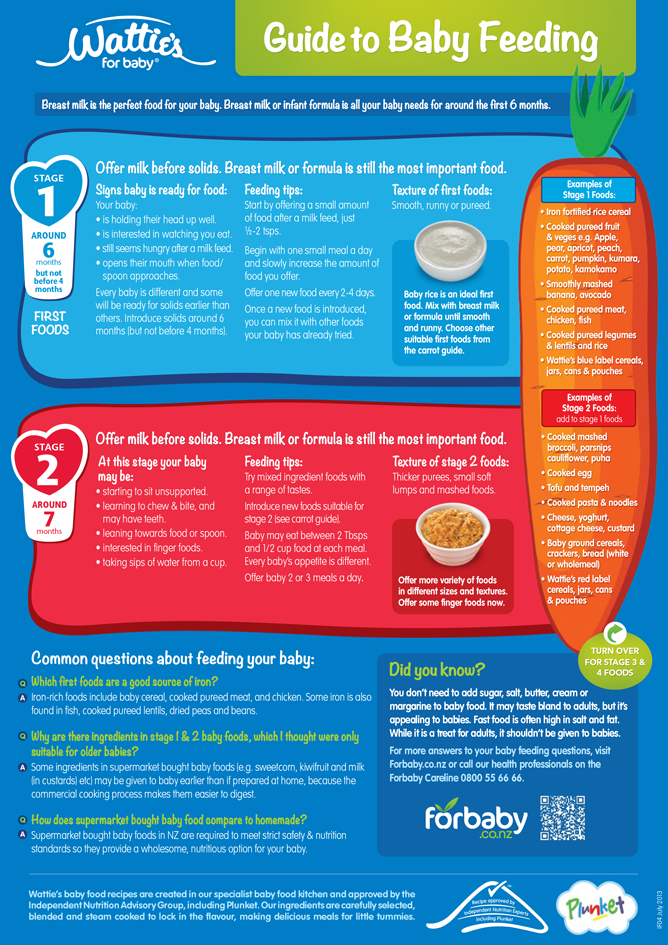 You’ll need about 450 to 500 extra calories per day while breastfeeding. Follow the recommendations in the MyPlate food guide and you'll be well on your way to giving both you and your baby a nutritious diet.
You’ll need about 450 to 500 extra calories per day while breastfeeding. Follow the recommendations in the MyPlate food guide and you'll be well on your way to giving both you and your baby a nutritious diet.
Breastfeeding can make you thirsty, so keep a water bottle nearby so it's there when you need it.
Do I Need to Take Vitamins?
Your doctor may ask you to continue taking a prenatal vitamin or women’s supplement.
It’s important to get enough iodine, an important mineral, while breastfeeding. To get enough:
- Take a supplement with 150 micrograms of iodine per day.
- Use iodized salt in your cooking.
- Eat foods that are high in iodine, like seafood and dairy products.
If you are vegan or don't eat fish or dairy, talk to your doctor about getting checked for iodine deficiency.
Can My Baby Have a Reaction to Something I Eat?
It’s possible for your breastfed baby to have an allergic reaction or sensitivity to something you eat or drink.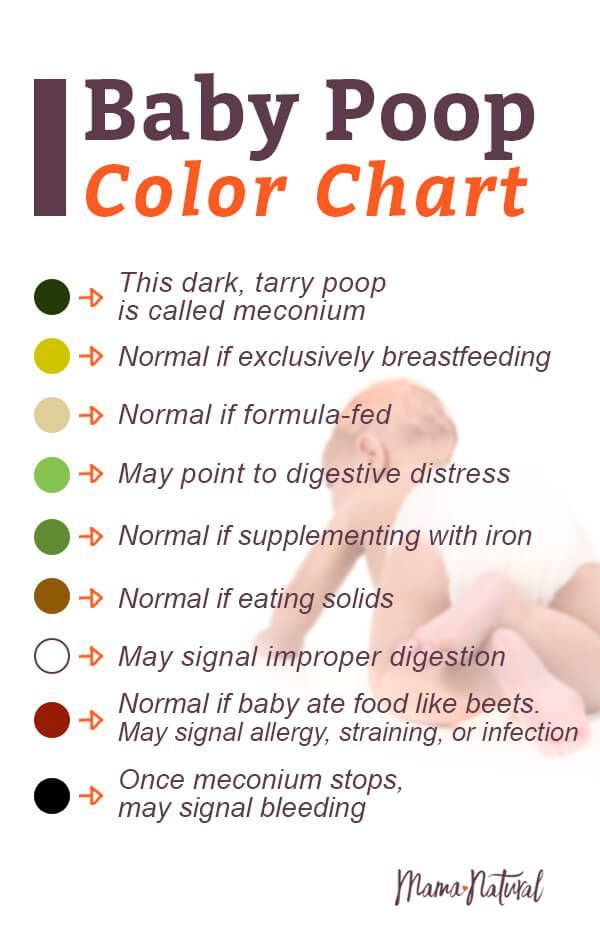
Foods like beans, broccoli, cauliflower, or some dairy products can cause fussiness, gassiness, or colicky behavior in some babies. Foods like cow's milk, soy, wheat, corn, oats, eggs, nuts and peanuts, and fish or shellfish are common allergy-causing foods.
If you think your baby had a reaction to a food, call your doctor and avoid eating or drinking anything your little one can't seem to tolerate. Keep a journal of exactly what you eat and drink, along with any reactions your baby had. This can help both you and your doctor pinpoint what the problem food, or foods, might be.
Although such a reaction is extremely rare, if your child has trouble breathing or has swelling of the face, call 911 right away.
Is Alcohol Still a "No-No"?
Drinking in moderation — one or two drinks within a 24-hour period — is fine, as long as you wait to feed your baby.
When you drink alcohol, a small amount gets into your breast milk. The amount of alcohol in breast milk depends on the amount of alcohol in the blood. It takes about 2 hours after having one drink for the alcohol to no longer be a concern for your baby. So do not give your baby fresh breast milk for at least 2 hours if you've had one drink, 4 hours if you've had two drinks, and so on.
It takes about 2 hours after having one drink for the alcohol to no longer be a concern for your baby. So do not give your baby fresh breast milk for at least 2 hours if you've had one drink, 4 hours if you've had two drinks, and so on.
If you plan to drink more than a few, do so after breastfeeding's been established for about a month and then "pump and dump." This is when you pump your milk and throw it away.
But drinking to excess when you're nursing is not a good idea. Even if you "pump and dump," there are other risks to your baby. Drinking too much changes your ability to be alert and think clearly. It affects how you care for your baby and may prevent you from responding to your baby's needs. It's also a risk factor for SIDS (sudden infant death syndrome).
Should I Still Avoid Some Types of Fish?
As during pregnancy, nursing moms should avoid or limit eating fish that is high in mercury. High mercury levels can damage a baby’s developing nervous system.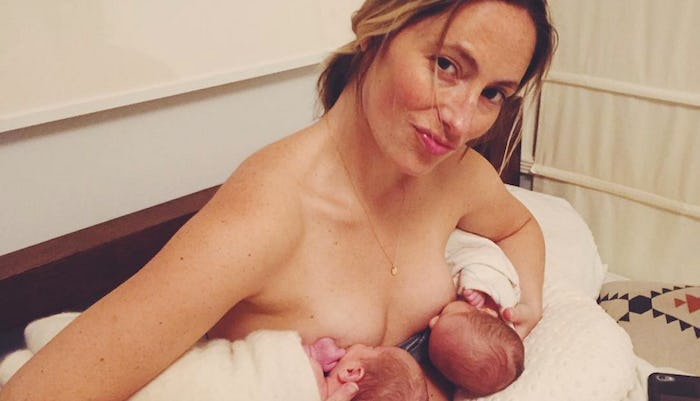
Can I Have Caffeine?
As with alcohol, it's best to limit caffeine while breastfeeding. One or two cups of coffee a day are fine, but more than one or two servings per day may affect your baby's mood and/or sleep.
Reviewed by: Jamila H. Richardson, BSN, RN, IBCLC
Date reviewed: January 2021
What to eat while breastfeeding | Breastfeeding Diet
You know that breast milk is the best food for your baby. What about your own nutrition while breastfeeding? We asked the nutritionist a few questions about the nutrition of a nursing mother.
Share this information
Priya Tew, UK-based registered dietitian :
Priya is a nutritionist, M.D., multi-award winning member of the British Dietetic Association and the Health Professions Council. She has three children, and she breastfed each of them for up to 18 months.
During breastfeeding, there is no need to follow a special diet, the main thing is that your diet is balanced.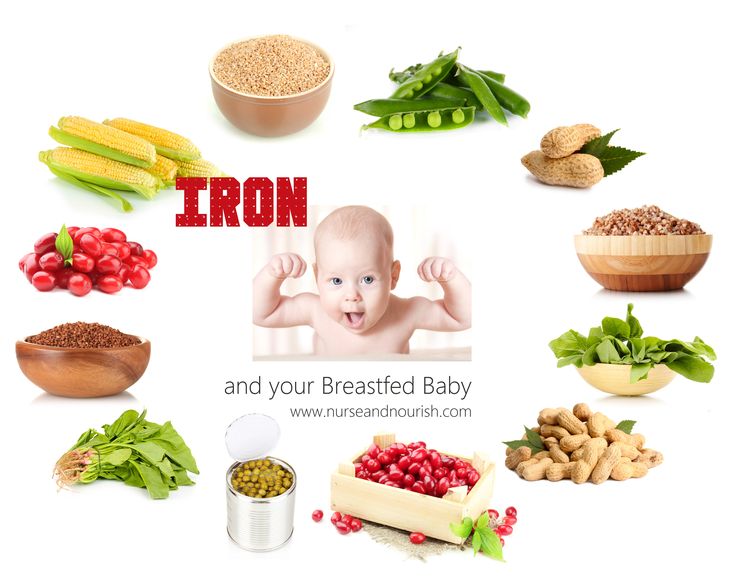 It should include plenty of fruits and vegetables, whole grains such as oats, brown rice, various cereals, and breads labeled "whole grain", "wholemeal" or "wholemeal". These foods, along with potatoes, pasta, and couscous, are high in starch, an important source of energy.
It should include plenty of fruits and vegetables, whole grains such as oats, brown rice, various cereals, and breads labeled "whole grain", "wholemeal" or "wholemeal". These foods, along with potatoes, pasta, and couscous, are high in starch, an important source of energy.
In addition, you need lean proteins found in chicken, eggs, legumes, lentils, fish, and lean beef, as well as healthy fats found in olive oil, nuts, seeds, avocados, and fatty fish such as salmon and mackerel. Oily fish is very good for your health and development of your baby, but you should not eat more than two servings per week (about 140 g), as it may contain harmful impurities. 1
Should I take vitamins while breastfeeding?
The most important is vitamin D. It is essential for healthy bones, you and your baby. We get most of this vitamin from the sun. If you live in a region with insufficient solar activity, especially in winter, your body may lack it. In this case, the doctor may advise taking vitamin D supplements.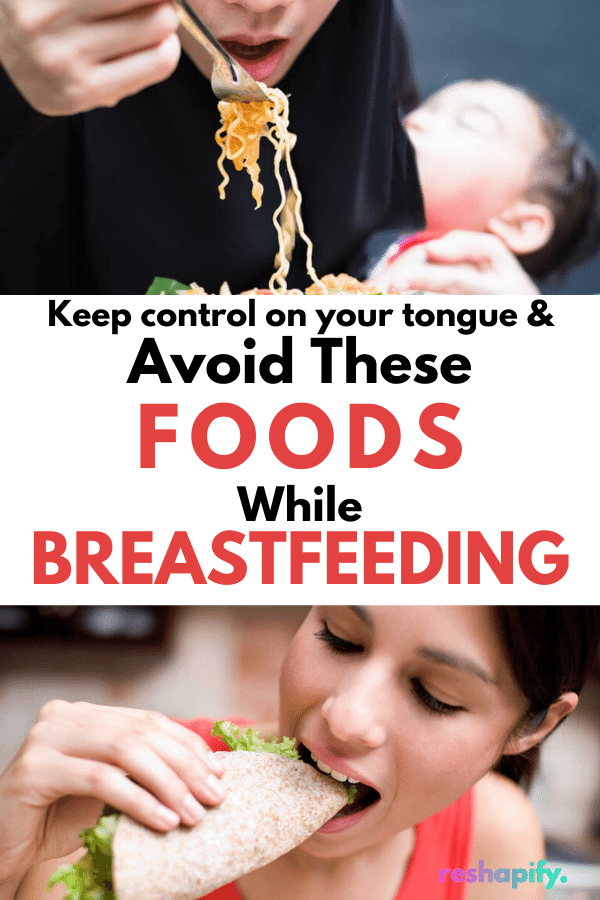 2
2
You also need to get enough calcium, as it is excreted from the body during breastfeeding. 3 Try to eat four servings of foods rich in this mineral a day. These can be dairy products such as milk, yogurt, and cheese, or non-dairy products such as nuts, tofu, sesame seeds, and leafy vegetables. One serving may consist of, for example, half a cup of green vegetables or a small piece of cheese (50 g).
What foods should I avoid while breastfeeding?
The good news is that you can eat almost anything while breastfeeding. Only the consumption of oily fish should be limited. In small quantities, even caffeine is acceptable - more on this below.
If you are not allergic to peanuts, there is no reason to deny yourself products that contain peanuts. Recent studies show that if you eat peanuts while breastfeeding and gradually introduce them into your baby's diet during the first year, your baby will be less likely to become allergic to them in the future.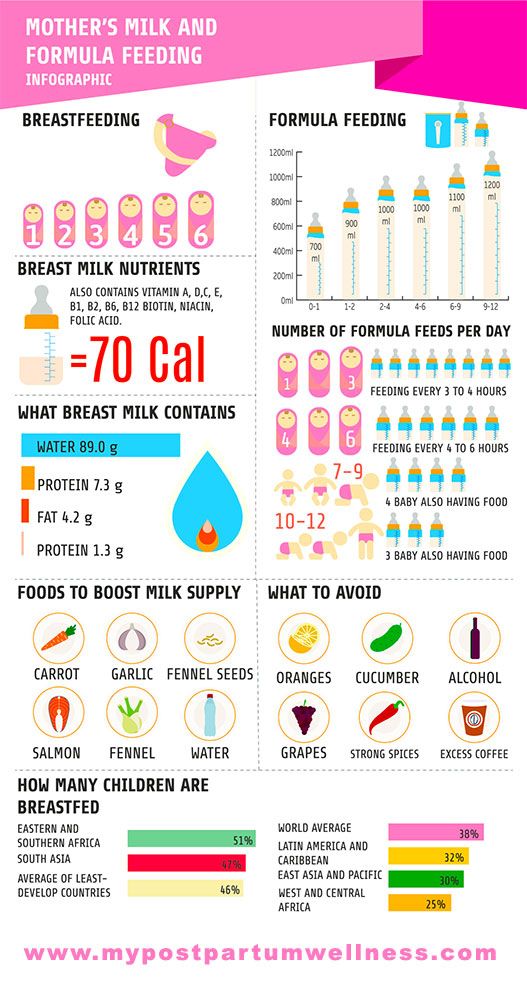 4
4
Are extra calories needed while breastfeeding?
Breastfeeding mothers need about 500 more calories per day. 5 But every mother is unique and your energy needs will change throughout your breastfeeding period. The number of calories you need depends on your baby's age, appetite, height, and weight, as well as your body mass index (BMI), your activity, and factors such as whether you are exclusively breastfeeding or not, and whether you are breastfeeding twins or multiple babies.
Can I go on a diet while breastfeeding?
Trying to lose weight while breastfeeding is not a good idea because you need to get enough nutrients for you and your baby. The fat accumulated during pregnancy is used to produce milk, so breastfeeding in itself will help you shed those extra pounds.
If your weight changes by more than 1 kg per week, check if you are eating a healthy and balanced diet and adjust if necessary. You can also ask your doctor for advice.
How can I find time to prepare healthy meals?
Having devoted yourself to feeding a child, you can forget about your own nutrition. However, it is important to ensure that your diet does not consist only of sweets and cookies. Of course, sweet snacks are easy and quick, but they do not bring any benefit to your body.
Opt for quick yet nutritious meals like scrambled eggs with spinach or fried chicken with brown rice. Oatmeal is great for breakfast, as it provides a slow release of energy from grains and soluble dietary fiber, which is what you need to restore strength in the morning after a night of breastfeeding.
Store pre-cut fruits and vegetables in the refrigerator for light snacks, or carry unsalted nuts in your bag. It's much easier than peeling tangerines with one hand while holding a baby with the other.
Should I drink more water while breastfeeding?
Breastfeeding can make you thirsty, so it's important to drink enough water.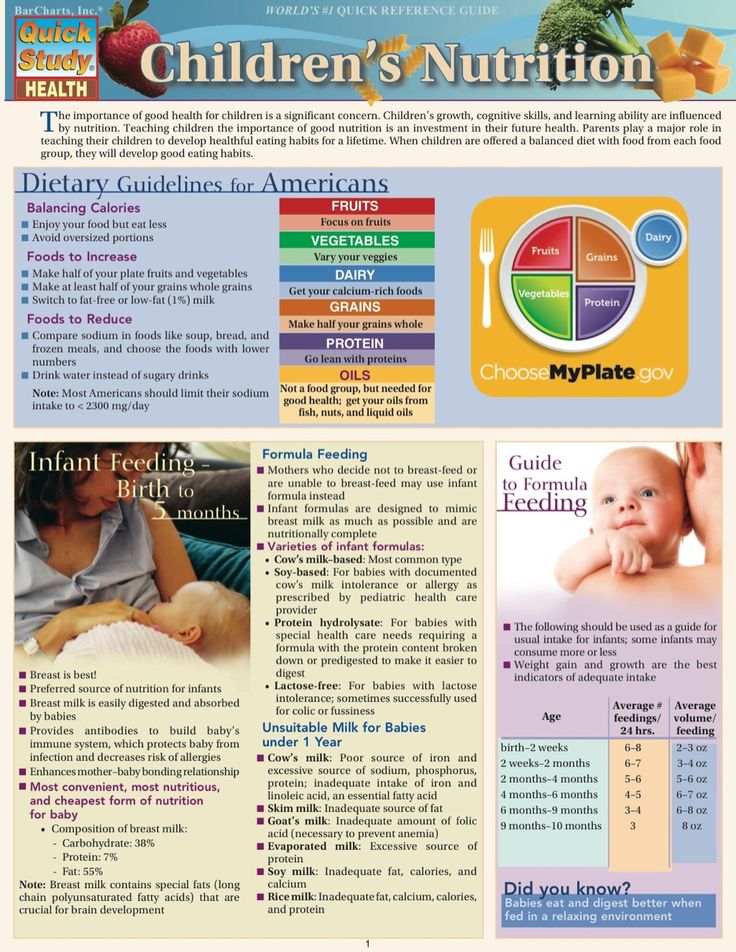 A person needs six to eight glasses of fluid a day, and even more if breastfeeding. 6 Make it a habit to drink a glass of water, milk or fruit juice without sugar every time you feed your baby.
A person needs six to eight glasses of fluid a day, and even more if breastfeeding. 6 Make it a habit to drink a glass of water, milk or fruit juice without sugar every time you feed your baby.
I love coffee. Do I need to quit caffeine?
Coffee, like everything you eat or drink, passes into your breast milk, so it is advisable to limit your intake while breastfeeding. Legal coffee limits vary by country, but the average recommendation is not to exceed 200-300 mg of caffeine per day (300 mg is equivalent to two cups of filtered coffee or four cups of tea). Talk to your doctor about the acceptable amount of coffee consumption for you. Also, don't forget that caffeine is found in cola and energy drinks, and a small bar of dark chocolate can contain up to 50 mg. 7
If I eat a varied diet, will my baby be less picky?
Breast milk has the flavor of everything you eat. 8 Therefore, if you eat a variety of foods during breastfeeding, giving your baby different tastes to try, he may like them in the future.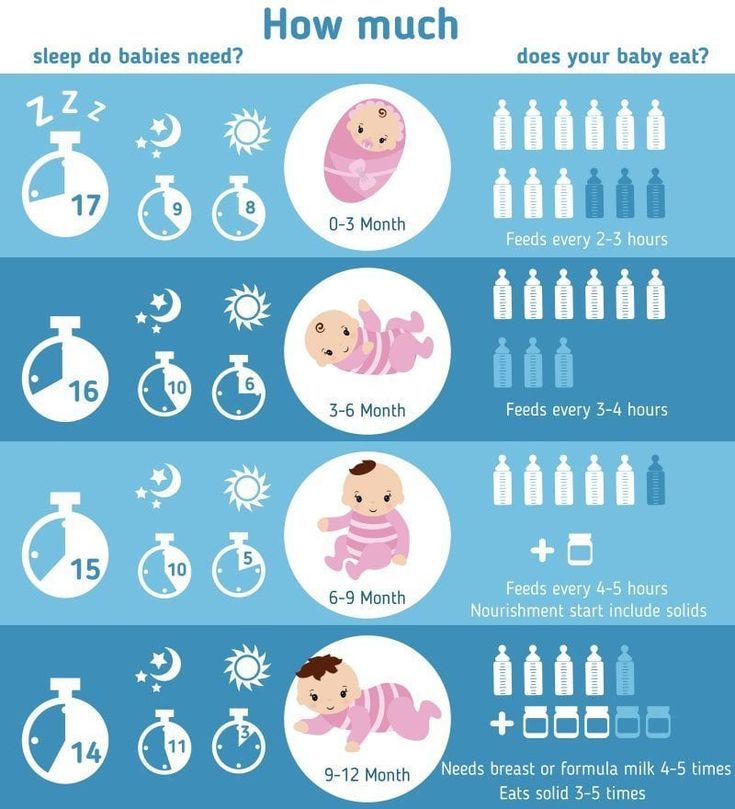
If you like spicy and spicy foods, there is no reason to refuse them while breastfeeding. When my first child was born, I ate a lot of spicy food. When my daughter was two years old, we went to Sri Lanka, coincidence or not, but she ate absolutely everything.
Can something in my diet not be suitable for a child?
At an early age, babies often suffer from colic or are picky eaters, so mothers naturally wonder if their diet is causing this. Most likely no. Studies show that the proportion of children who are allergic to any component of breast milk is only slightly more than 1%. 9 Cow's milk, eggs, corn, and soy proteins in moms' diets are much more likely to cause allergic reactions than spicy foods, hot sauces, or cruciferous vegetables, which moms usually worry about.
If your baby is allergic to substances in your milk, it can cause profuse vomiting, rash, bloody stools, or prolonged constipation. If your baby has an intolerance to any food, you will notice symptoms such as moodiness and crying after feeding, burping, diarrhea, or the baby will press his knees to his chest. Contact your doctor if something is bothering you. He may suggest eliminating certain foods for a couple of weeks, and then see if the child's behavior changes after eating them again.
Contact your doctor if something is bothering you. He may suggest eliminating certain foods for a couple of weeks, and then see if the child's behavior changes after eating them again.
You can also keep a food diary: write down everything you eat and drink, as well as your child's symptoms, and you may notice some patterns. However, before cutting out any foods, such as dairy, always check with your doctor, as it's important to know that you're getting the nutrients you need from other sources. Depending on where you live, you will be referred to a nutritionist or other specialist.
Does a vegetarian diet affect breast milk?
If you are getting enough calories and all the nutrients your body needs (carbohydrates, proteins, fats, vitamins and minerals), then you have nothing to worry about. A vegetarian or vegan diet requires plenty of vitamin B12, vitamin D, calcium, and omega-3 fatty acids while breastfeeding, so opt for foods and supplements that provide you with these essential nutrients.
If you are on a vegetarian, vegan, macrobiotic, or other special diet, you may need additional medical advice to make sure you are getting all the nutrients your baby needs.
Literature
1 National Health Service (NHS) [Internet]. Burnley, UK: Department of Health; 2018. Should pregnant and breastfeeding women avoid some types of fish?; 2015 Jul 06 [cited 2018 Apr 12]; Available from: https://www.nhs.uk/chq/Pages/should-pregnant-and-breastfeeding-women-avoid-some-types-of-fish.aspx - National Health Service (NHS) [Internet]. Burnley, UK: Department of Health; 2018. "Should a pregnant and lactating woman refrain from eating certain types of fish?"; July 6, 2015 [cited April 12, 2018]; See article on site https://www.nhs.uk/chq/Pages/should-pregnant-and-breastfeeding-women-avoid-some-types-of-fish.aspx
2 Oberhelman SS et al. Maternal vitamin D supplementation to improve the vitamin D status of breast-fed infants: a randomized controlled trial.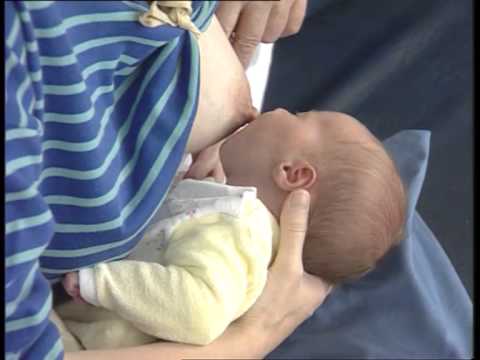 Mayo Clin Proc. 2013;88(12):1378–1387. - Oberhelman S.S. et al., Introduction of Vitamin D to the Diet of Nursing Mothers to Increase Vitamin D in children: a randomized controlled trial. Mayo Klin Prok. 2013;88(12):1378–1387. : effects on the mother and the fetus. Am J Obstet Gynecol. 2006;194(4):937-945. - Thomas M., Weisman S. M., "Calcium supplementation during pregnancy and lactation: effects on the mother and on the fetus". Am J Obstet Ginekol (American Journal of Obstetrics and Gynecology). 2006;194(4):937-945.
Mayo Clin Proc. 2013;88(12):1378–1387. - Oberhelman S.S. et al., Introduction of Vitamin D to the Diet of Nursing Mothers to Increase Vitamin D in children: a randomized controlled trial. Mayo Klin Prok. 2013;88(12):1378–1387. : effects on the mother and the fetus. Am J Obstet Gynecol. 2006;194(4):937-945. - Thomas M., Weisman S. M., "Calcium supplementation during pregnancy and lactation: effects on the mother and on the fetus". Am J Obstet Ginekol (American Journal of Obstetrics and Gynecology). 2006;194(4):937-945.
4 Pitt et al Reduced risk of peanut sensitization following exposure through breast-feeding and early peanut introduction. J Allergy Clinic Immunol. 2018;141(2):620-625. e 1 - Pitt et al., "Reducing the Risk of Peanut Allergy by Introducing Peanuts into the Breastfeeding Mother's Diet and as a Baby's First Food.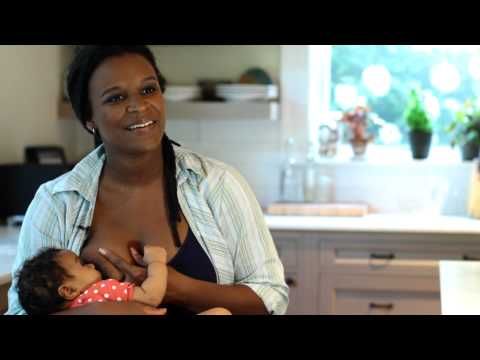 " G Allergy Clean Immunol. 2018;141(2):620-625.e1
" G Allergy Clean Immunol. 2018;141(2):620-625.e1
5 Dewey KG. Energy and protein requirements during lactation. Annu Rev Nutr. 1997 Jul;17(1):19-36. - Dewey K. J., "Energy and Protein Requirements During Lactation". Anna Rev Nutr . 1997 Jul;17(1):19-36.
6 Food Standards Agency (FSA) [Internet]. London, UK: Crown copyright 2002. Eating for breastfeeding; [cited 2018 Apr 13]; Available from: https://www.food.gov.uk - Food Standards Agency (FSA) [Internet]. London, UK: State Copyright 2002. "Eat to feed" [cited April 13, 2018]. See article on https://www.food.gov.uk
7 National Health Service (NHS) [Internet]. Burnley, UK: Department of Health; 2018. Breastfeeding and diet; 2016 Jan 29 [cited 2018 Apr 12]; Available from: https://www.nhs.uk/conditions/pregnancy-and-baby/breastfeeding-diet - National Health Service (NHS) [Internet].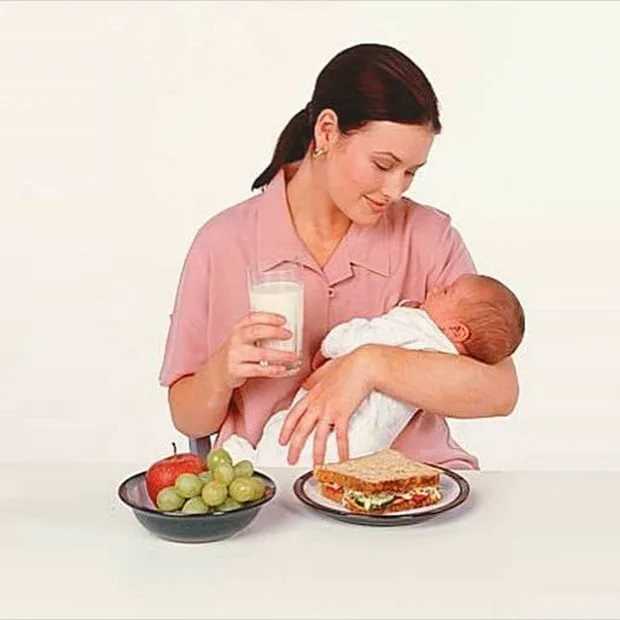 Burnley, UK: Department of Health 2018. Breastfeeding and Diet; 29 January 2016 [cited 12 April 2018] See article at https://www.nhs.uk/conditions/pregnancy -and-baby/breastfeeding-diet
Burnley, UK: Department of Health 2018. Breastfeeding and Diet; 29 January 2016 [cited 12 April 2018] See article at https://www.nhs.uk/conditions/pregnancy -and-baby/breastfeeding-diet
8 Mennella JA et al. A. et al., Prenatal and postnatal recognition of odors in children. Pediatrix (Pediatrics). 2001;107(6):e88.
9 Academy of Breastfeeding Medicine. ABM clinical protocol# 24: allergic proctocolitis in the exclusively breastfed infant. Breastfeed Med . 2011;6(6). - Academy of Breastfeeding Medicine. "AVM Clinical Protocol #24: Allergic Proctocolitis in an Exclusively Breastfed Child". Brestfeed Med (Breastfeeding Medicine). 2011;6(6).
what is possible with breastfeeding
After giving birth, a woman continues to influence the internal processes in the child's body through the milk she feeds him. Nutrition affects the quality of milk, because with it the baby receives vitamins and nutrients.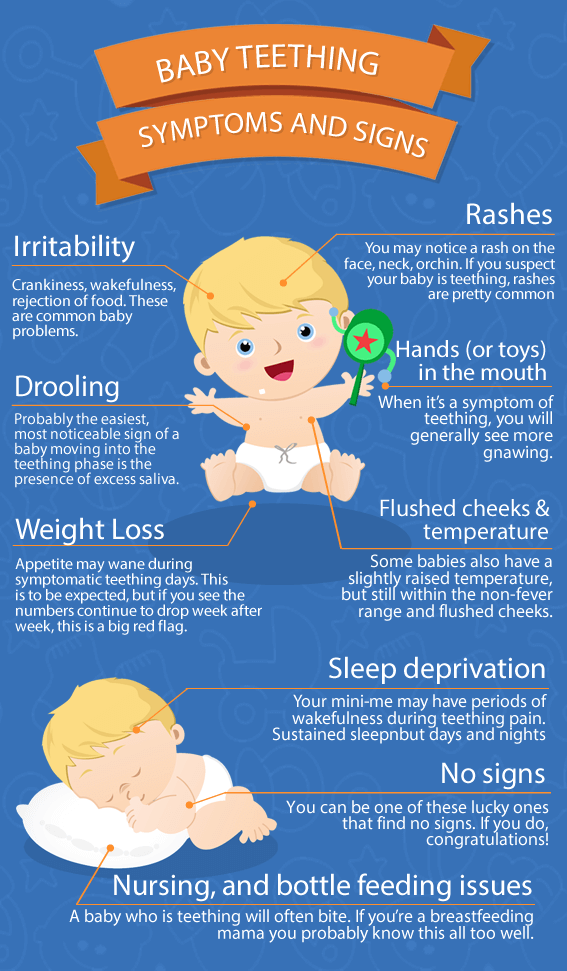 They ensure its proper development and strengthen the immune system. Therefore, the menu of a nursing mother in the first days and months should be as nutritious, balanced and varied as possible.
They ensure its proper development and strengthen the immune system. Therefore, the menu of a nursing mother in the first days and months should be as nutritious, balanced and varied as possible.
Tags:
Lactation
Baby
menu
diet
In the menu of a nursing mother, it is important to take into account the balance of calories, proteins, fats, carbohydrates, the benefits for the woman herself and the growing body of the child. We will tell you how her diet changes after childbirth.
Contents of the article
Do not self-medicate! In our articles, we collect the latest scientific data and the opinions of authoritative health experts. But remember: only a doctor can diagnose and prescribe treatment.
Starting from the maternity hospital, a woman has to think about what to eat and what not, because some foods can cause colic or allergies in the baby.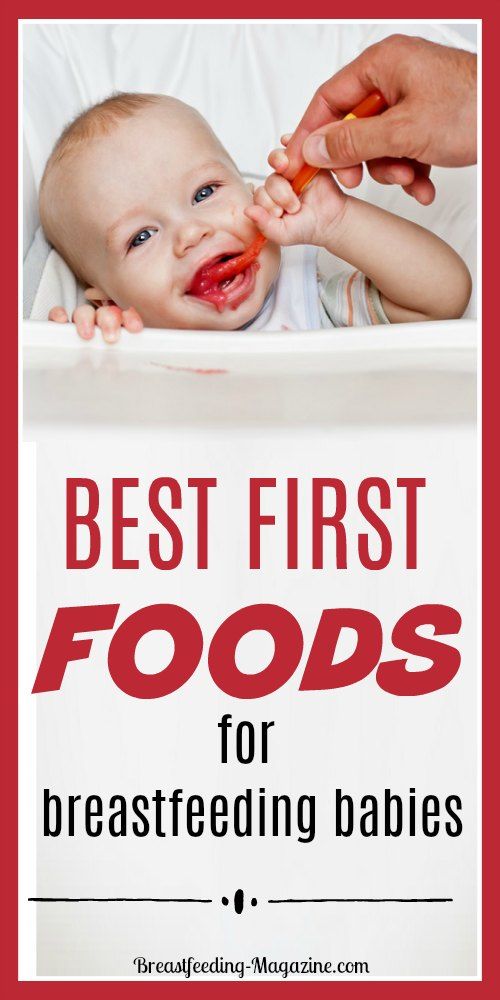 Out of fear of harming the child, some women begin to eat only buckwheat and deny themselves everything. Others are sure that the child needs to be accustomed to different foods from the cradle, and they do not make any restrictions.
Out of fear of harming the child, some women begin to eat only buckwheat and deny themselves everything. Others are sure that the child needs to be accustomed to different foods from the cradle, and they do not make any restrictions.
Already on the first day, the menu of a nursing mother should be carefully thought out. It is desirable that it be correct and safe, because the child is just adapting to an independent life outside the mother's womb. We talked about what should be the diet in these important first weeks with a certified dietitian Alexandra Paetou, mother of two children.
Breastfeeding mother's menu: main misconceptions
As a rule, new mothers are intimidated even in the maternity hospital, handing them a standard memo. Looking at the list of foods that are allowed on the menu of a nursing mother, it is easier to say what is allowed than to list prohibitions. From this moment, the eternal fear begins to eat "something is not right" and thereby bring all possible troubles to your baby.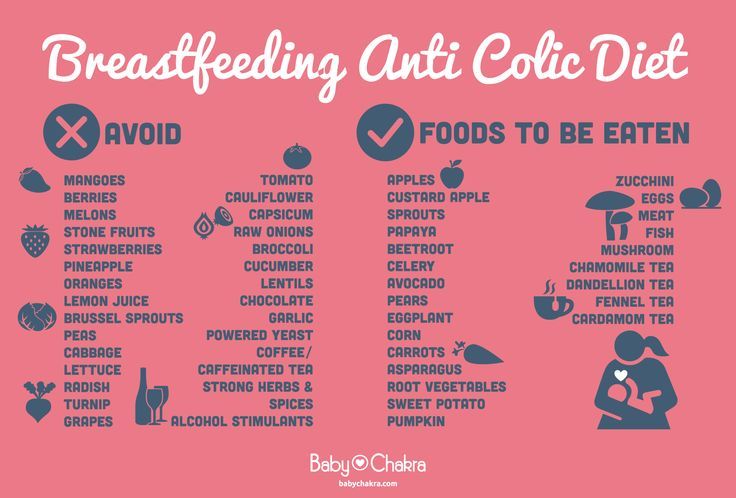 Here lies the first misconception: if you do not want your child to grow up with an allergy, you need to eat varied.
Here lies the first misconception: if you do not want your child to grow up with an allergy, you need to eat varied.
ADVERTISING - CONTINUED BELOW
Another common misconception: a diet for a nursing mother, the menu of which will include a minimum of calories, will help you quickly return to your previous weight. The only thing it will help is to lose breast milk and "put" the baby on artificial mixtures.
It should be remembered that the daily caloric intake of a woman's diet during lactation should not be lower than 2000 kcal. Otherwise, at first you will lose most of your hair and the normal condition of your teeth and nails. And then such food with a meager menu will deprive you of the status of a nursing mother.
General dietary guidelines for breastfeeding mothers
Almost everything a woman eats passes into her breast milk in one form or another. Of great importance is the preparation of a menu for a nursing mother immediately after childbirth.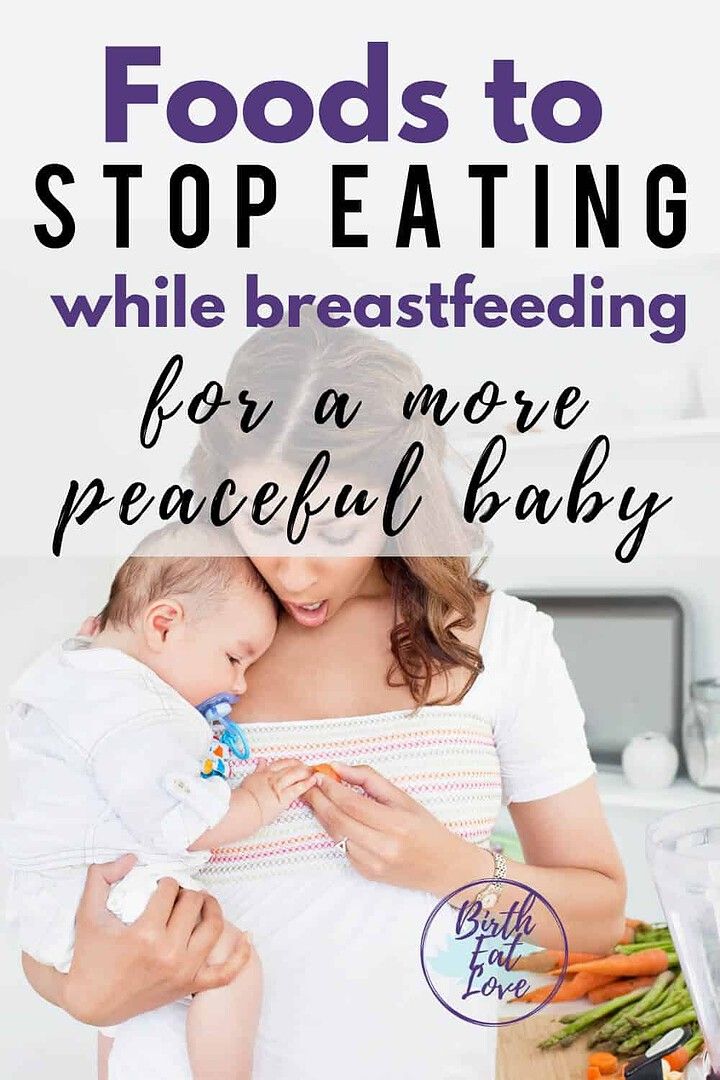 Just think: in the womb, a baby swallowed sterile amniotic fluid, and then an incredible amount of intestinal bacteria and nutrients fell on him, which his enzymatic system does not yet know. To facilitate this acquaintance with the world of other food, you need to choose products wisely.
Just think: in the womb, a baby swallowed sterile amniotic fluid, and then an incredible amount of intestinal bacteria and nutrients fell on him, which his enzymatic system does not yet know. To facilitate this acquaintance with the world of other food, you need to choose products wisely.
Eating lettuce leaves, fresh vegetables and eating them with multivitamins, a woman still does not supply her body with everything it needs. This chain lacks an important link - the balance of proteins, fats and carbohydrates, which come only with food. For a nursing mother of a newborn, the menu should be designed in such a way that this ratio is taken into account. Protein sources are meat, fish, eggs, chicken, turkey, cottage cheese, dairy products. They also contain fats. Complex carbohydrates - pasta, cereals, bread, green and leafy vegetables, legumes, and it is better to refuse simple ones, with the exception of some fruits. We are talking about sweets and pastries.
Calculate the ratio of calories, proteins, fats and carbohydrates (CBFA) that enter the body with food.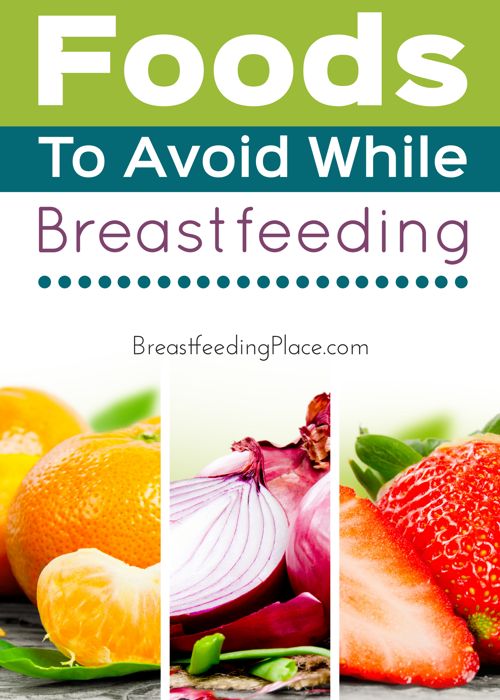 About 30 kcal is needed per kilogram of weight. With a weight of 60 kg, the need is 1800 kcal per day. But so much is needed in the normal state. Breastfeeding puts extra calories on the menu of a nursing mother. To this figure, you need to add about 500 more kcal if the baby was just born. As for BJU, per kilogram of weight you need 1.5 - 2 grams of protein, 1 gram of fat and 4-5 grams of carbohydrates.
About 30 kcal is needed per kilogram of weight. With a weight of 60 kg, the need is 1800 kcal per day. But so much is needed in the normal state. Breastfeeding puts extra calories on the menu of a nursing mother. To this figure, you need to add about 500 more kcal if the baby was just born. As for BJU, per kilogram of weight you need 1.5 - 2 grams of protein, 1 gram of fat and 4-5 grams of carbohydrates.
Thus, with a weight of 60 kg, you should consume daily from 90 to 120 g of protein, no more than 60 g of fat and 240-300 g of carbohydrates, preferably complex. The nutrition of a nursing woman should take into account these parameters, then the body's resources will be enough for two. In order not to make mistakes in the calculations, you need to use a kitchen scale and free services on the Web.
Let's list the basic rules that the breastfeeding diet implies:
- The entire diet for the day should be divided into 5-6 meals.
- Small portions should be consumed before feeding the baby.
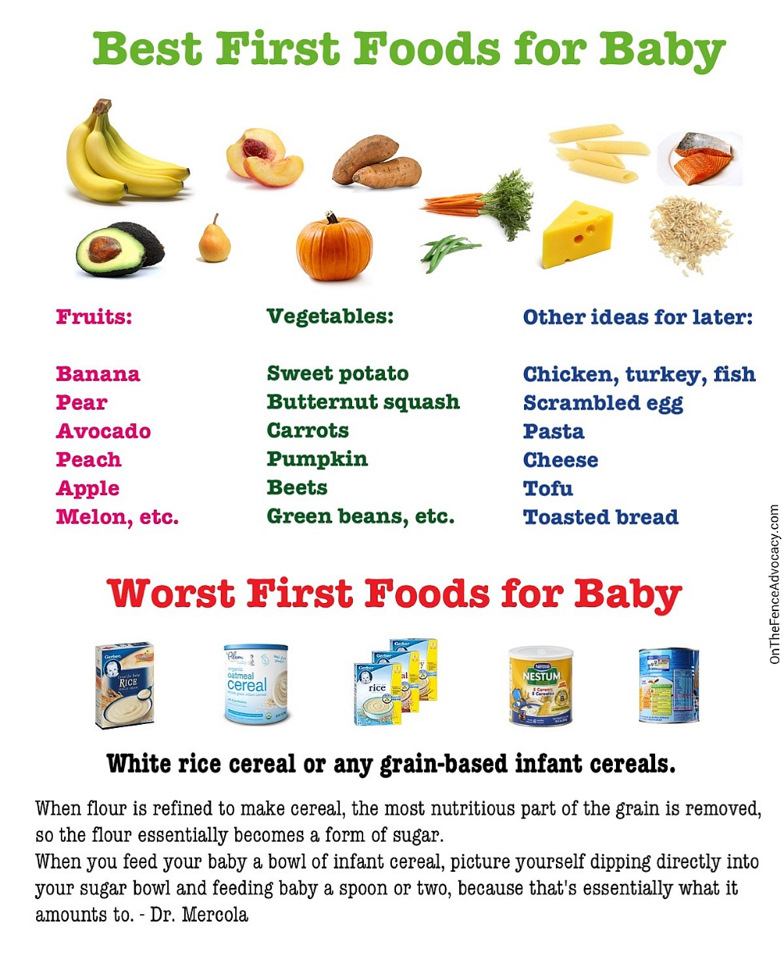
- Avoid citrus fruits, strawberries, raspberries, red caviar, fish, seafood, and smoked meats for crumbs. And it is better to refrain from exotic fruits for up to 6 months.
- It is better to cook dishes by steaming, stewing, boiling, baking without a fried crust.
- In case of colic, the menu of a nursing mother needs to be adjusted, excluding sour cream, mayonnaise, pickled and fatty foods, grapes, sweet soda.
- It is better not to try a new product or a dish from it, or introduce them with caution, observing the reaction and well-being of the baby.
- Increase fluid intake, because milk is 90% water. Enough 10 glasses of clean water of 250 ml every day.
- To enhance lactation, it is good to drink warm, freshly brewed green tea or any fermented milk drink before feeding.
- It is worth forgetting about chips, fast food and other "harmful things", including alcohol, even in small quantities. Forget the myths about beer making you milk.

- In the body of a nursing mother, the content of vitamins and minerals is 30%, and sometimes 50%, below the norm. It is better to discuss with the doctor the introduction of a vitamin and mineral supplement.
- Eating for two, as our great-grandmothers said, is not worth it. In general, it is enough to add 20% to your diet.
Sample menu for a nursing mother
When compiling a menu for a nursing mother for the first months, it is necessary to take into account a list of products that will help regulate the functioning of the digestive tract. The fact is that during lactation, many women suffer from constipation, and in order to avoid this, you need to eat foods high in coarse fiber. These are whole grain cereals, bran bread, whole grain toast, apples with skin, and so on.
Every day menu option for a breastfeeding mother could be:
Breakfast:
1st option: scrambled eggs with cheese, tea with milk, a slice of grain bread.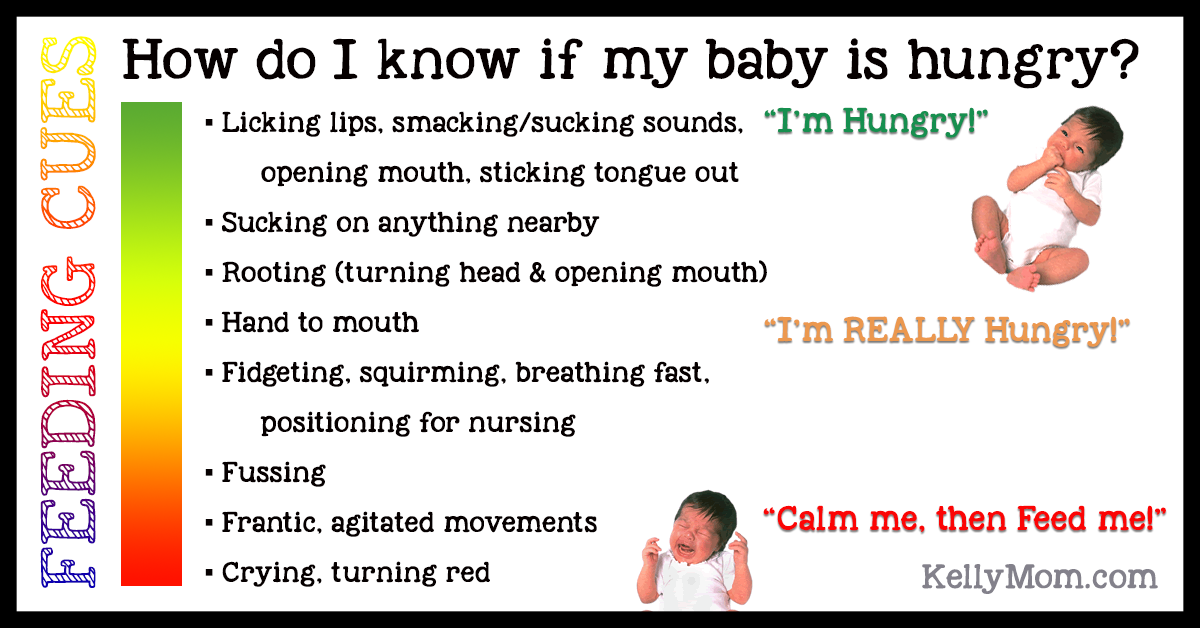
2nd option: oatmeal/buckwheat/millet porridge in water with fruit and a spoonful of honey, cocoa, half an apple or other fruit.
3rd option: cottage cheese casserole with jam, black tea with milk, toast.
Lunch:
1st option: vinaigrette, chicken broth with croutons, steamed vegetables, meatballs, apple juice.
2nd option: vitamin salad, plain cabbage soup, casserole with potatoes and minced meat, dried fruit compote, a couple of slices of bread.
3rd option: mashed cheese soup with oven croutons, boiled potatoes with herring, green tea.
Snack:
1st option: a couple of cheesecakes with honey.
2nd variant: fruit salad of apples, pears and peaches with oatmeal dressed with natural yoghurt.
3rd option: bran bread toast with tuna and herbs.
Dinner:
1st option: lazy dumplings with sour cream sauce, black tea with milk.
2nd option: baked cod in foil with vegetables, buckwheat porridge, compote.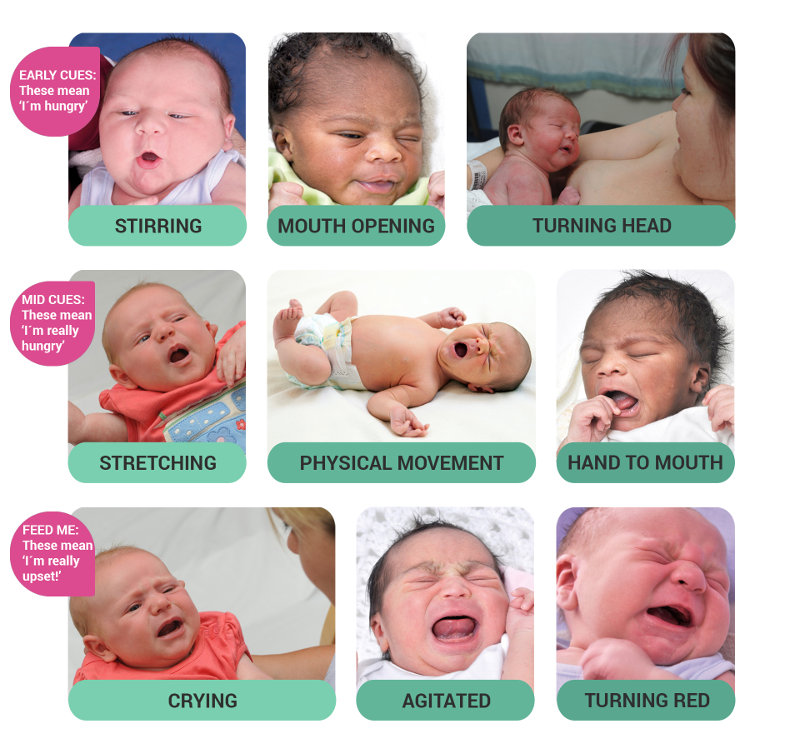
3rd option: steam meatballs baked with broccoli cheese, green tea with lemon.
Nursing mother's nutrition by months
A varied and proper diet of a woman during this period is the key to the health and successful development of the baby. In order not to have to study books on the menu of a nursing mother and the Internet immediately after giving birth, think over the recipes for the first week in advance, preferably by the day. When you leave the hospital, this concern will fall on your shoulders, so it will be good to prepare.
First week
The adaptation of the child is just beginning, so this is the most important time. The first week should be planned so that there is no milk on the menu of a nursing mother. There is a stereotype that it is it that contributes to an increase in lactation. But it does not help in this. It has been proven that milk provokes gastrointestinal dysfunction in the mother and child, and can also provoke allergies in the baby.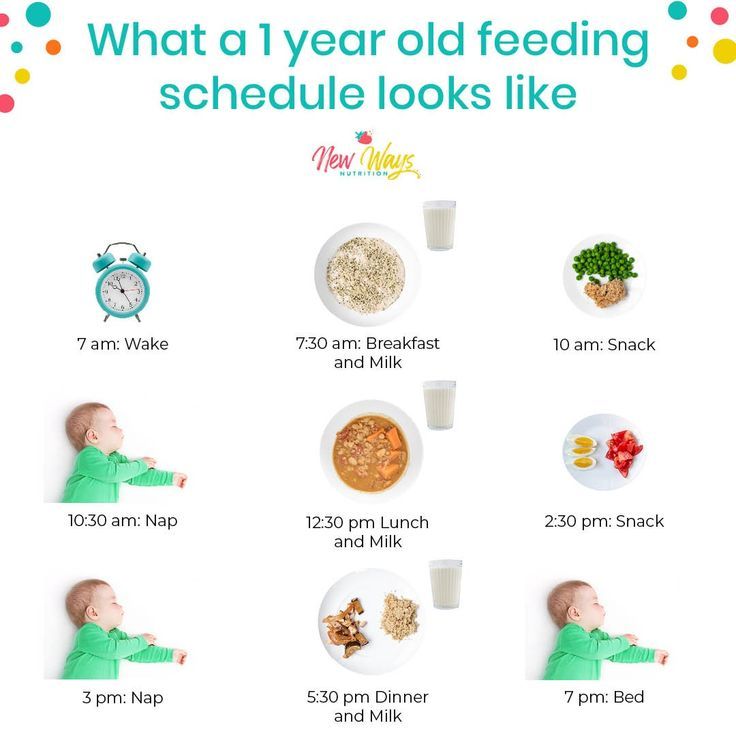 But fermented milk products are more acceptable for his digestion. It is not advised to drink juices and fruit drinks, strong tea and coffee, eat nuts in the first week.
But fermented milk products are more acceptable for his digestion. It is not advised to drink juices and fruit drinks, strong tea and coffee, eat nuts in the first week.
During the first three days, you can drink herbal tea (nettle, chaga), special lactagon drinks with cumin, fennel, and others. Compote from dried fruits is also allowed, preferably from apples, which are simply poured with hot water and left in a thermos. Black and green tea should not be abused so as not to cause overexcitation of the baby's nervous system due to the presence of caffeine. What can you eat to make the menu of a nursing mother balanced:
- Boiled or steamed vegetables (cauliflower, broccoli, zucchini, turnips).
- Kashi (buckwheat, millet) is best made from whole grain flakes, a little bran can be added to stimulate bowel function.
- Vegetarian soups with a minimum of potatoes.
- Oven baked apples.
- Bread.
- Parsley, dill, spinach, arugula are allowed, they help relieve gas formation.
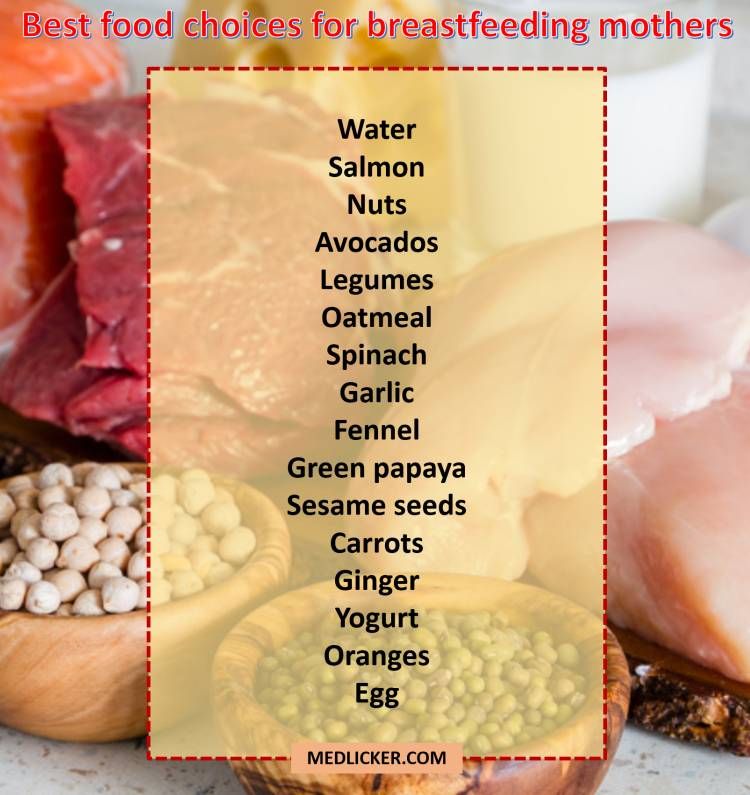
- Kefir, natural yogurt, cottage cheese (only a spoon at first), a piece of cheese is possible from the fourth day after childbirth.
By the way, the menu of a nursing mother after a caesarean section differs from the nutrition of a woman after natural childbirth only in these first days. The abdominal operation forces the intestines to adjust to normal work. Of course, ideally, you should do without the help of cleansing enemas and laxative suppositories. Usually, after a caesarean section, mothers consume low-fat chicken or veal broth (secondary), boiled fish, cereals on the water (but not rice). By the fourth day, you can switch to the usual diet provided for during lactation.
First month
In the second week, the number of dishes increases slightly, but without fanaticism. It is still important to ensure that foods with a high allergenic potential do not enter the menu of a nursing mother from the first weeks. You can start cooking a weak beef broth, eat 100 g of beef, the same amount of low-fat steamed fish.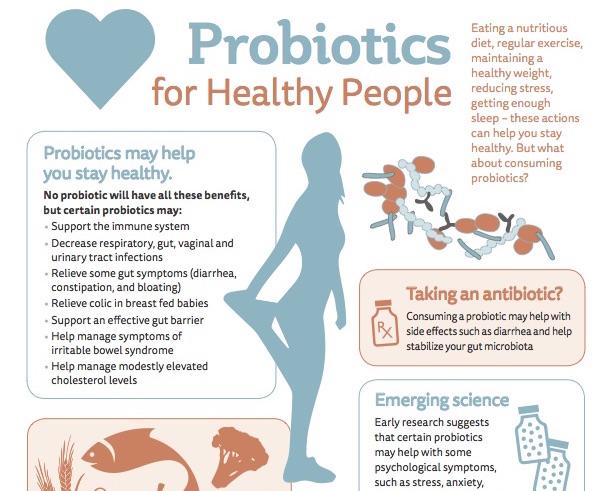
It is important to follow a simple rule: meat, eggs, fish and other products must be well cooked. Recipes when you need to eat raw eggs, sushi, and so on, are not allowed on the menu for a nursing mother either in the first month or in the next 5-6 (minimum). You also need to limit your intake of sugar, salt, spices, onions, and garlic, which can detract from the taste of milk.
On the fourth week, the intestinal microflora is formed in the child, enzymatic systems are launched. Therefore, when 1 month is running out, the following products can be added to the menu of a nursing mother:
- potatoes in "uniform"
- oatmeal
- beets
- boiled eggs
- dried cranberries or cranberries
Second month
Let's start with what food should be avoided for now and in the menu of the second month of a nursing mother. It causes increased flatulence white cabbage, cucumbers, tomatoes; sodas, black bread, legumes and grapes.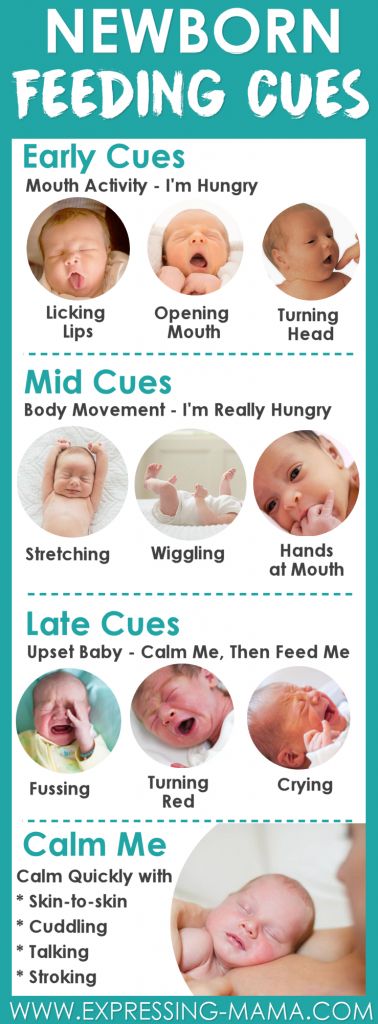 Other foods are strong allergens. Among them are chocolate, pumpkin, citrus fruits, berries, honey, nuts, crayfish, crabs, caviar, red fish.
Other foods are strong allergens. Among them are chocolate, pumpkin, citrus fruits, berries, honey, nuts, crayfish, crabs, caviar, red fish.
The menu for breastfeeding mothers becomes even more varied in the second month. The main thing is that a woman receives the substances necessary for life: vitamins, trace elements, fiber, proteins, unsaturated fatty acids. For this, it is important to consume:
- dairy and sour-milk products
- lean meat of beef, rabbit, chicken, turkey without skin
- lean river and sea fish
- butter and vegetable oil
- vegetables and fruits (green and yellow apples, banana, pear, kiwi, plum)
It often happens that when a baby turns one month old, the menu of a nursing mother becomes too relaxed. But the time for variety, cakes, fast food and a glass of wine has not yet come. An illiterate diet during this period can not help, but harm the baby: provoke constipation, colic, allergic reactions and poisoning.
Third month
After 2 months, the menu of a nursing mother is still aimed at developing and strengthening the child's immunity. By the way, at this time, the figure of a woman is actively returning to normal. The fact is that lactation is an energy-consuming process. Every day, at least 700 kcal burns due to it. And if you reduce the consumption of fat, then this will not affect milk in any way. The body maintains its constant fat content, regardless of how much fat came with food.
At 3 months, the menu of a nursing mother is supplemented with interesting dishes. Just do not chase after too difficult ones so as not to take up precious time that can be spent on relaxation. The desire to do everything sometimes causes stress in the mother, and it certainly does not contribute to the production of milk.
We offer a look at the menu for a week for a nursing mother, recipes and photos of which you can easily find on the Web. So it is allowed to eat in the third month of lactation.



